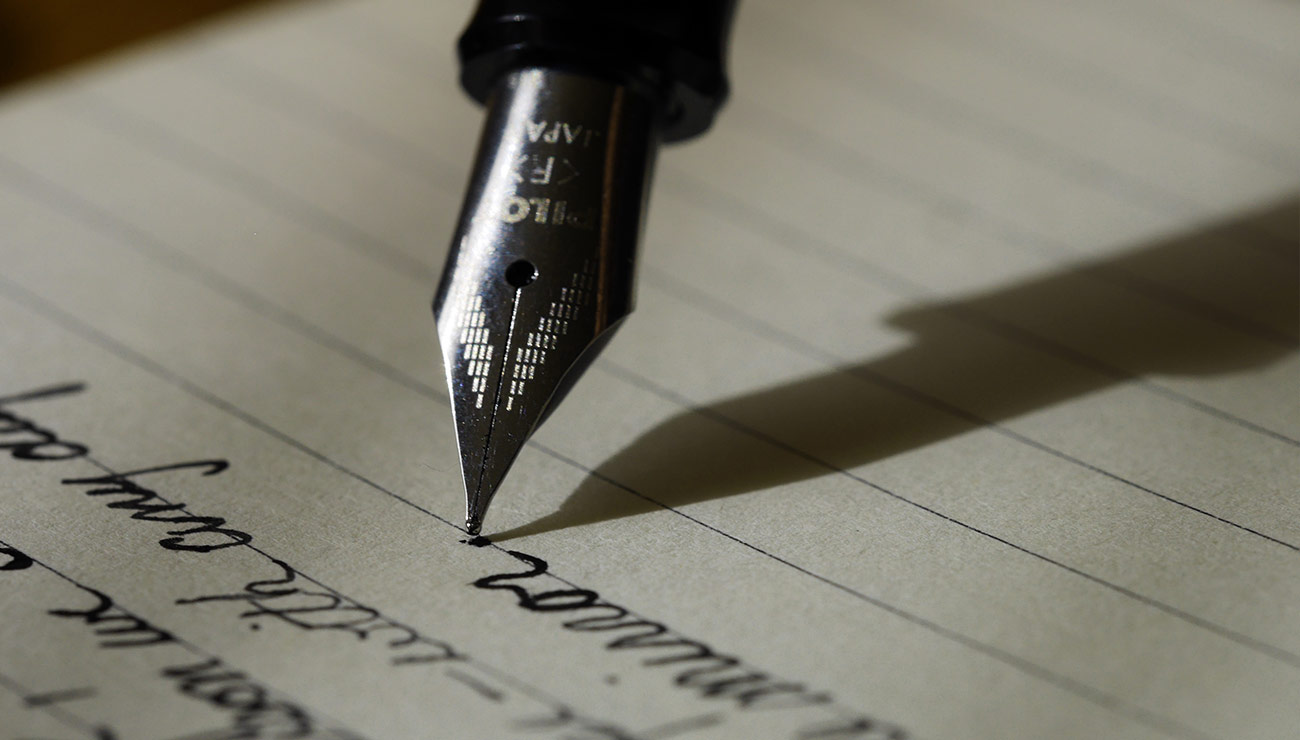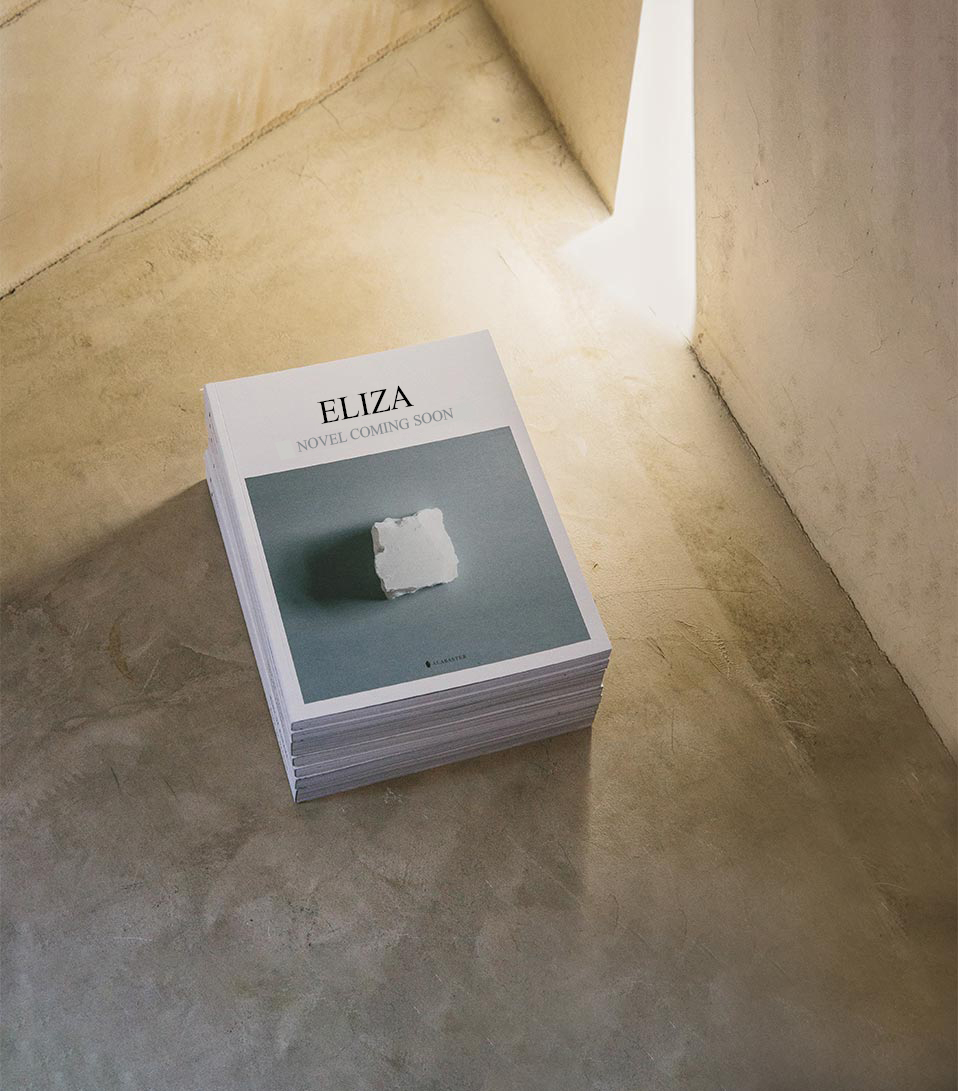
INTERSECTIONALITY AND THE POETRY OF RESISTANCE
My latest book, I’M- MIGRANT is a long overdue collection of poems, spanning several years. I explore themes of Intersectionality through the profound existential journey of an African American/Caribbean man living in 21st Century Europe. My verses serve as an intimate autobiographical account, delving into the truths and experiences of a Black male facing the challenge of social exclusion due to racial prejudice and generational trauma. Within these poems, I confront the theme of racial identity, overcoming trauma through spiritual awakening, painstakingly dismantling the unfounded and harmful stereotypes propagated about my blackness. Instead, I celebrate my cultural heritage by weaving elements of Romanticism, the Harlem Renaissance, and the Negritude movement into the fabric of my work, drawing upon myths and folktales from my rich heritage.
Embedded within the sinews and structure of these poems is the intriguing psychological theory of Double Consciousness, which weaves a narrative thread that draws upon Greek culture, Biblical imagery, and Western concepts. This interplay, while sometimes posing a dichotomy to African liberation, adds depth and complexity to the poetry that draws upon so many intersections. Embracing a traditional perspective inspired by luminaries like Derek Walcott, Claude McKay, and Aimé Césaire, my poems pay homage to the vibrant essence of the Caribbean and Africa while establishing new myths born from the traumatic experiences. The poem: “My Western Shack,” exemplifies the struggle for self knowledge and a sense of identity, which is a common theme during the Negritude Movement of the early 1900’s:
Stretched the sole out on my window sill,
Gave it to the birds.
Looked at my feet torn and callused
My African toes glued together
As if chiselled by Michael Angelou.
I bent down and straighten them out,
Viciously let the air in.
Stylistically, my work exudes a refreshing Afrocentricity, breaking free from the constraints of Western tradition. Written primarily in free verse, I strongly believe poetry should transcend conventional punctuation, allowing the lines to flow naturally, much like vivid narratives unfolding on the pages. More and more we see modern poets stray from conventions and certain stylistic limitations that restricts the flow of the poet. However, despite my belief that writing should employ postmodern and transgressive elements, I find the use of rhyme schemes and internal rhyme quite useful and a beautiful way to make a poem more interesting and inviting.
Central to these verses is a compelling reliance on magical realism and metaphysical conceit, much like dark matter shaping the universe. These elements are essential in the cultural tapestry of Jamaica and Africa, where magic and spirituality intertwine seamlessly, underscoring their shared essence. Drawing inspiration from Walcott’s “Omeros,” I, too, employ lengthy descriptions and narratives that transport readers on a Caribbean Odyssey. This journey through history, politics, pain, and the resilience of my kinfolk echoes the sentiments of the islands, evoking emotions and a profound connection. For example in the poem, “A letter to our children abroad” I use dialect to highlight the struggles of Jamaican farmers in the 80s during periods of austerity and droughts. The call and response technique incorporated in the poem is part of farming traditions in Jamaica. Notice the harmony of the refrain which is italicised for emphasis:
“Come mek we go a ground go plant peas and carn.”
Hoes and pickaxes slanted on shoulders
of haggard farmers, who ploughed harsh fields with scrolling faces.
Backs broken in silence as
planting songs echoed
in the humid, hot, howling air
under a crystal clear sky:
“Gó dung a Immanuel rode gal an bwoy
fi gó bruck rock stone!
Gó dung a Immanuel rode gal an bwoy stone!”
Like McKay, I use parables and cultural references in my poems, unravelling the complexities of black identity and shedding light on the polemics crafted by our former colonial masters. Employing dialect as a literary device to give my writing more realism and vibrancy. The Jamaican dialect is rich and earthy, it is interlaced with resistance and struggle. The vernacular is sharp, punchy, sarcastic and melodramatic. The language encompass an amalgamation of my experience as the poet moving between worlds—the world of New York for example, and the home I left behind as a child.
The poems endeavour to be philosophical, exploring various ethical questions through the ruse of fantasy, history, personal encounters, and religious allusions, reflecting the multilayered complexity of my background as a poet who is exiled from his culture. It is this daily confrontation with the harsh realities of Western and Eastern othering of Black people that influence my writing and the impetus to strive for social change and justice, by capturing the struggles of the unseen elements of society—the poor and destitute who are left to fend for themselves without support from those in power.
In essence, this collection of poems, written with passion and purpose, delves into the intersections of identity, culture, and history, aiming to resonate with diverse audiences and ignite a profound sense of empathy and understanding.
Written by Dwight Maxwell













